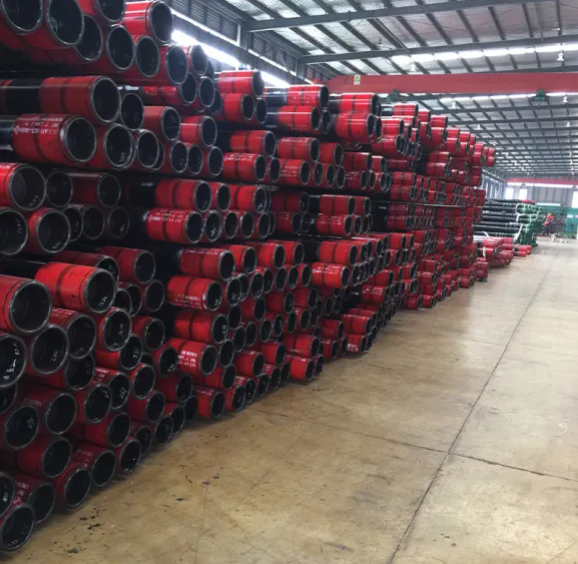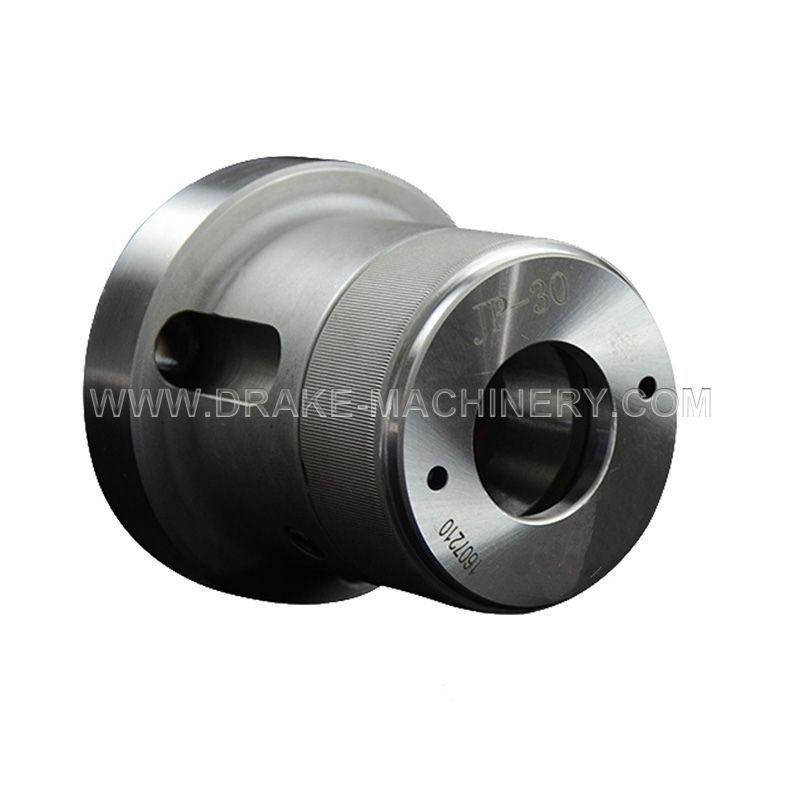What is OCTG Casing?
Jan. 30, 2024
Oil Country Tubular Goods (OCTG) play a crucial role in the exploration and extraction of oil and gas. Among these components, OCTG casing stands out as a fundamental element in ensuring the integrity and efficiency of wells. 
1. Defining OCTG Casing:
OCTG casing refers to a set of steel pipes designed to surround and protect the wellbore during drilling and oil or gas production.
These pipes are crucial for maintaining the structural integrity of the well, preventing collapse, and facilitating efficient extraction processes.
2. Key Components and Features:
a. Steel Composition:
OCTG casing is typically made of high-strength carbon or alloy steel, ensuring durability and resistance to the harsh conditions encountered in oil and gas reservoirs.
b. Threaded Connections:
The pipes feature threaded connections, allowing for secure attachment during the construction of the well. These connections must withstand extreme pressure and provide a reliable seal to prevent leaks.
c. Length and Sizes:
OCTG casing comes in various lengths and sizes, tailored to the specific requirements of the well and the geological characteristics of the reservoir.
d. Grades and Specifications:
Casing pipes are available in different grades and specifications, each designed to meet specific performance and environmental conditions. Common grades include H40, J55, K55, N80, and P110.
3. Functions of OCTG Casing:
a. Structural Support:
OCTG casing provides critical structural support to the wellbore, preventing it from collapsing and maintaining the integrity of the hole.
b. Wellbore Isolation:
Casing isolates different geological formations, preventing the mixing of fluids and enhancing the efficiency of oil and gas extraction.
c. Fluid Containment:
It helps contain and manage the fluids produced during extraction, including oil, gas, and various by-products.
d. Preventing Contamination:
Casing acts as a barrier, preventing contamination of groundwater and other environmental resources by the fluids extracted from the well.
Recommended article:
The Advantages of Choosing Biodegradable Packaging Solutions
Exporting External Hex Flange Screws to Russia
The Advantages of Choosing Flanged Hex Head Screws
10 Insights You Should Know about External Hex Flange Screws Export to the United States
Essential Considerations for Sourcing External Hex Flange Screws for Export to Suriname
How External Hex Flange Screws Transform Tanzania's Industry?
4 Tips to Select the Best External Hex Flange Screws for Export to Vanuatu
4. OCTG Casing Installation Process:
a. Drilling the Wellbore:
After the initial drilling phase, the wellbore is prepared for casing installation.
b. Running the Casing:
Casing pipes are run into the well, and cement is pumped around the casing to secure it in place.
c. Cementing:
Cementing ensures that the casing is isolated from surrounding formations and provides additional support to the wellbore.
d. Pressure Testing:
The installed casing undergoes pressure testing to ensure its integrity and reliability under operational conditions.
5. Significance in Well Construction:
OCTG casing is a linchpin in the construction and operation of oil and gas wells.
It enhances well stability, protecting against collapses and ensuring a secure pathway for oil and gas extraction.
By isolating different geological formations, it contributes to efficient reservoir management and prevents cross-contamination.
The selection of appropriate grades and specifications ensures that the casing can withstand the challenging conditions encountered in oil and gas reservoirs.
Conclusion:
In conclusion, OCTG casing is an integral component in the intricate process of constructing and operating oil and gas wells. Its robust design, threaded connections, and diverse specifications make it a versatile and indispensable element in ensuring the success, safety, and longevity of well operations. As the oil and gas industry continues to evolve, OCTG casing remains a foundational element, supporting the exploration and extraction efforts that drive global energy production.
The Advantages of Choosing Internal Hex Screw Price in Spain
How does a hydraulic directional control valves work?
Key Questions and Answers About Auto Coil Springs
Power Chuck Vs Manual Chuck For Workholding
What Are the Advantages of Slant Bed Lathes?
Pulp Molding Die Cut Machine: Manual vs. Automatic Comparison
Transform Your Hydraulic Systems: Overcoming Common Pain Points with Metric Hydraulic Fittings
573
0
0
Next: None
Related Articles







Comments
All Comments (0)